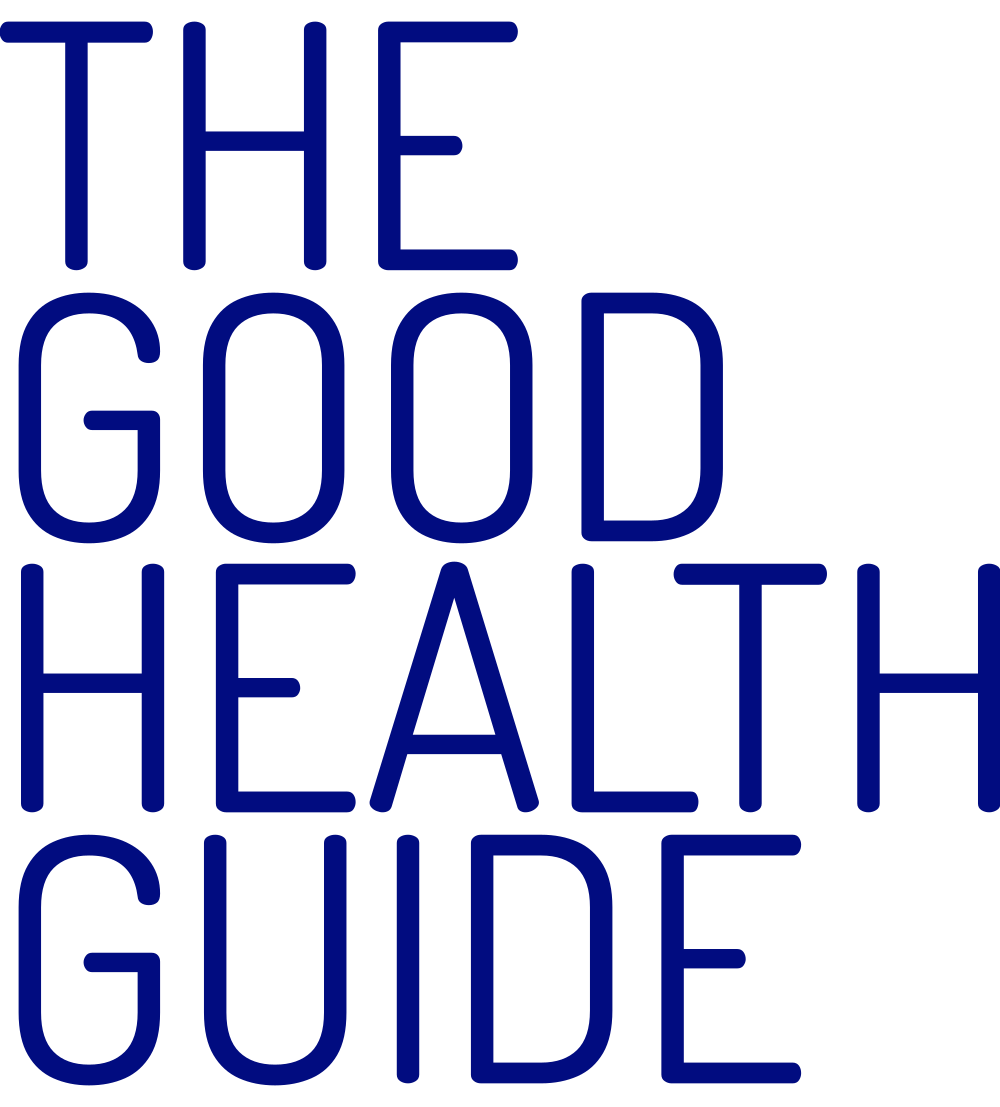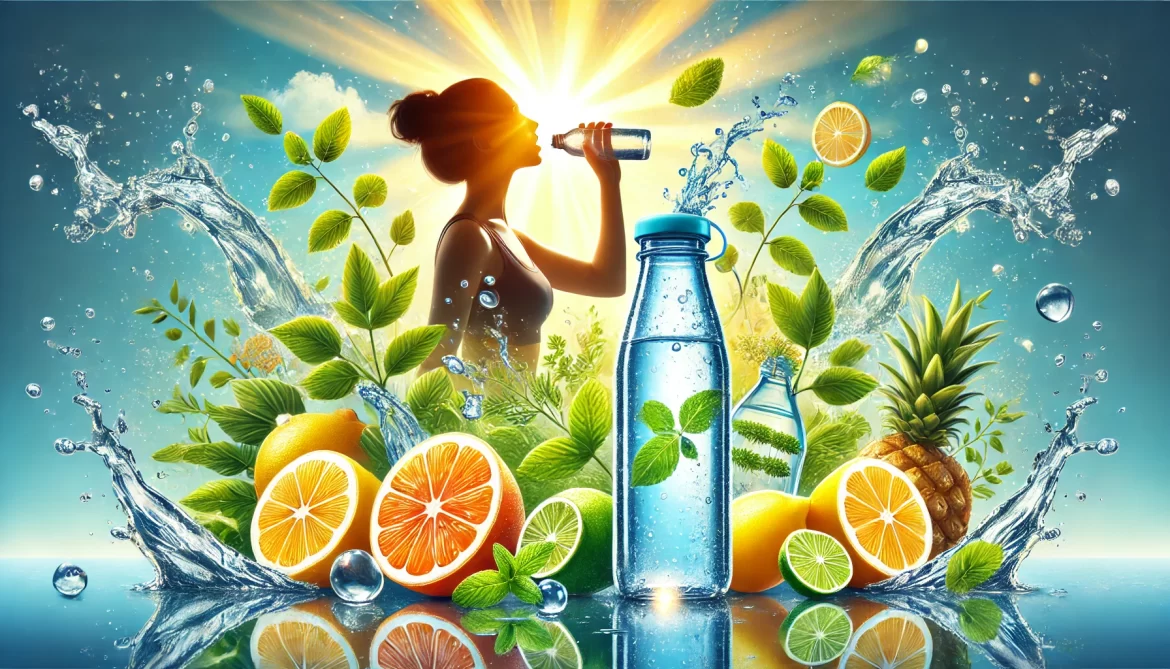10 Reasons Why Hydration is Crucial for Health
Maintaining proper hydration is essential for overall health and well-being. This article explores the numerous benefits of staying hydrated, how it affects bodily functions, and practical tips for ensuring you get enough fluids daily.
Importance of Hydration
Hydration plays a pivotal role in maintaining bodily functions. Water is vital for every cell, tissue, and organ in your body. Not only does it regulate temperature and lubricate joints, but it also aids in digestion, nutrient absorption, and detoxification.
Benefits of Staying Hydrated
Staying hydrated offers numerous health benefits, including improved brain function, better physical performance, and enhanced mood. When you are adequately hydrated, you can think more clearly, feel more energetic, and maintain a positive outlook.
Signs of Dehydration
Common signs of dehydration include dry mouth, fatigue, dizziness, and dark-colored urine. Severe dehydration can lead to more serious health issues such as kidney stones, urinary tract infections, and even heatstroke.
How Much Water Should You Drink?
The amount of water needed varies from person to person. Factors such as age, weight, activity level, and climate all influence your hydration needs. A general guideline is to drink eight 8-ounce glasses of water a day, but individual requirements may differ.
Tips for Staying Hydrated
To stay hydrated, carry a water bottle with you, consume water-rich foods like fruits and vegetables, and set reminders to drink water throughout the day. Avoid excessive caffeine and alcohol, as they can lead to dehydration.
Impact of Hydration on Physical Performance
Proper hydration is crucial for optimal physical performance. During exercise, you lose fluids through sweat. Replenishing these fluids helps prevent fatigue, maintain endurance, and reduce the risk of injury.
Hydration and Mental Health
Hydration significantly impacts mental health. Dehydration can lead to cognitive impairments, mood swings, and increased stress levels. Drinking enough water helps improve concentration, reduce anxiety, and enhance overall mental clarity.
Role of Hydration in Digestion
Water is essential for digestion. It helps break down food, absorb nutrients, and remove waste products from the body. Staying hydrated can prevent constipation and promote a healthy digestive system.
Hydration and Skin Health
Proper hydration is key to maintaining healthy skin. Drinking enough water keeps your skin hydrated from within, reducing the appearance of wrinkles and promoting a radiant complexion.
Hydration for Weight Management
Drinking water can aid in weight management. Sometimes, thirst is mistaken for hunger, leading to unnecessary calorie consumption. Staying hydrated helps control appetite and supports a healthy metabolism.
Hydration in Different Climates
Climate plays a significant role in hydration needs. In hot and humid conditions, you lose more fluids through sweat, necessitating increased water intake. Even in cold weather, staying hydrated is crucial as the body loses fluids through respiration.
Hydration for Different Age Groups
Hydration requirements vary across different age groups. Children, adults, and the elderly have unique hydration needs. For instance, children need adequate water for growth and development, while older adults may need to compensate for reduced kidney function.
Hydration and Kidney Health
Maintaining hydration is vital for kidney health. The kidneys filter waste products from the blood and regulate fluid balance. Adequate water intake supports these functions and helps prevent kidney stones and infections.
Hydration and Athletic Performance
Athletes need to pay extra attention to hydration. Adequate fluid intake before, during, and after exercise is essential for maintaining performance, preventing cramps, and promoting recovery.
Hydration and Immune Function
Hydration plays a role in supporting the immune system. Water helps transport nutrients to cells and remove toxins from the body, promoting a robust immune response.
Hydration and Sleep Quality
Proper hydration can improve sleep quality. Dehydration can cause sleep disruptions, including dry mouth and leg cramps. Drinking enough water throughout the day can help you sleep better at night.
Hydration and Energy Levels
Staying hydrated boosts energy levels. Dehydration can lead to fatigue and decreased alertness. Drinking water helps maintain energy and focus throughout the day.
Hydration and Heart Health
Hydration is crucial for heart health. Water helps maintain blood volume and prevents thickening of the blood, reducing the risk of heart attacks and strokes.
Hydration and Joint Health
Water is essential for lubricating joints and maintaining cartilage health. Proper hydration helps reduce joint pain and prevent conditions like arthritis.
Hydration and Detoxification
Water is vital for detoxification. It helps flush out toxins through urine and sweat, keeping the body’s systems clean and functioning optimally.
Hydration and Metabolism
Proper hydration supports a healthy metabolism. Water is involved in various metabolic processes, including energy production and fat oxidation.
Hydration Myths Debunked
There are many myths about hydration, such as “you can only hydrate with water” or “you don’t need to drink water if you don’t feel thirsty.” It’s important to understand that other beverages and foods contribute to hydration, and thirst is not always a reliable indicator of hydration status.
FAQs
What are the best ways to stay hydrated?
Carrying a water bottle, consuming water-rich foods, and setting reminders to drink water are effective strategies. Avoid excessive caffeine and alcohol.
How much water should I drink daily?
The general recommendation is eight 8-ounce glasses a day, but individual needs may vary based on factors like age, weight, and activity level.
What are the signs of dehydration?
Signs include dry mouth, fatigue, dizziness, and dark urine. Severe dehydration can cause more serious health issues.
Can I drink other fluids besides water to stay hydrated?
Yes, other beverages like herbal teas, milk, and even certain fruits and vegetables contribute to your daily hydration needs.
How does hydration affect mental health?
Proper hydration improves concentration, reduces anxiety, and enhances mental clarity. Dehydration can lead to cognitive impairments and mood swings.
Is it possible to drink too much water?
Yes, overhydration can lead to water intoxication, which can be harmful. It’s important to drink an appropriate amount based on your body’s needs.
Conclusion
Hydration is a cornerstone of good health. It impacts everything from physical performance to mental well-being. By understanding the importance of hydration and incorporating practical tips into your daily routine, you can enhance your overall health and quality of life.
For more information on health and wellness, visit The Good Health Guide.

